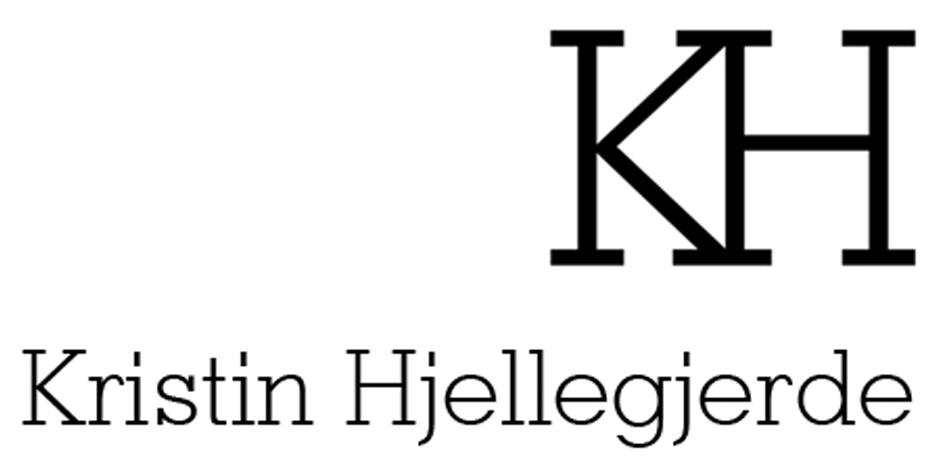-
RUFAI ZAKARI
THERE IS STILL TOMORROW -

-

-
-
 Rufai Zakari, One Of My Own, 2022
Rufai Zakari, One Of My Own, 2022 -
 Rufai Zakari, Baba Abokina (Baba My Friend), 2022
Rufai Zakari, Baba Abokina (Baba My Friend), 2022 -
 Rufai Zakari, Gloria , 2022
Rufai Zakari, Gloria , 2022 -
 Rufai Zakari, I Love My Bike, 2022
Rufai Zakari, I Love My Bike, 2022
-
-
Rufai Zakari: There is still tomorrow
Past viewing_room












